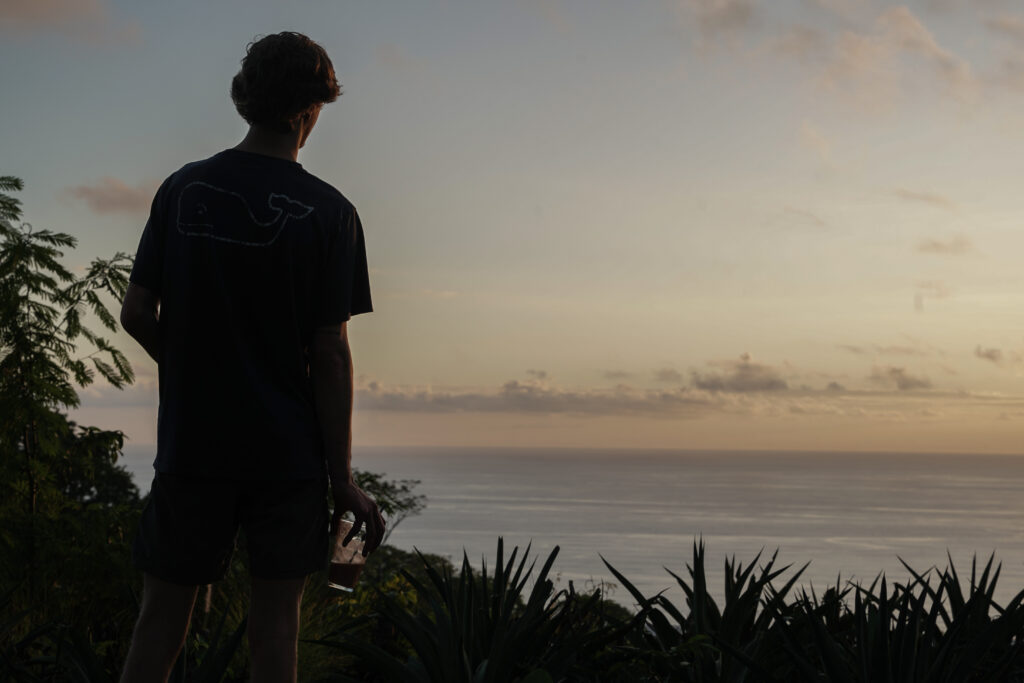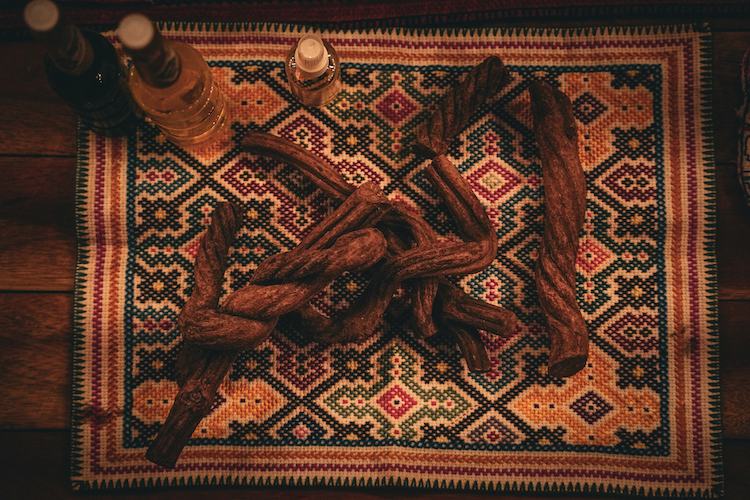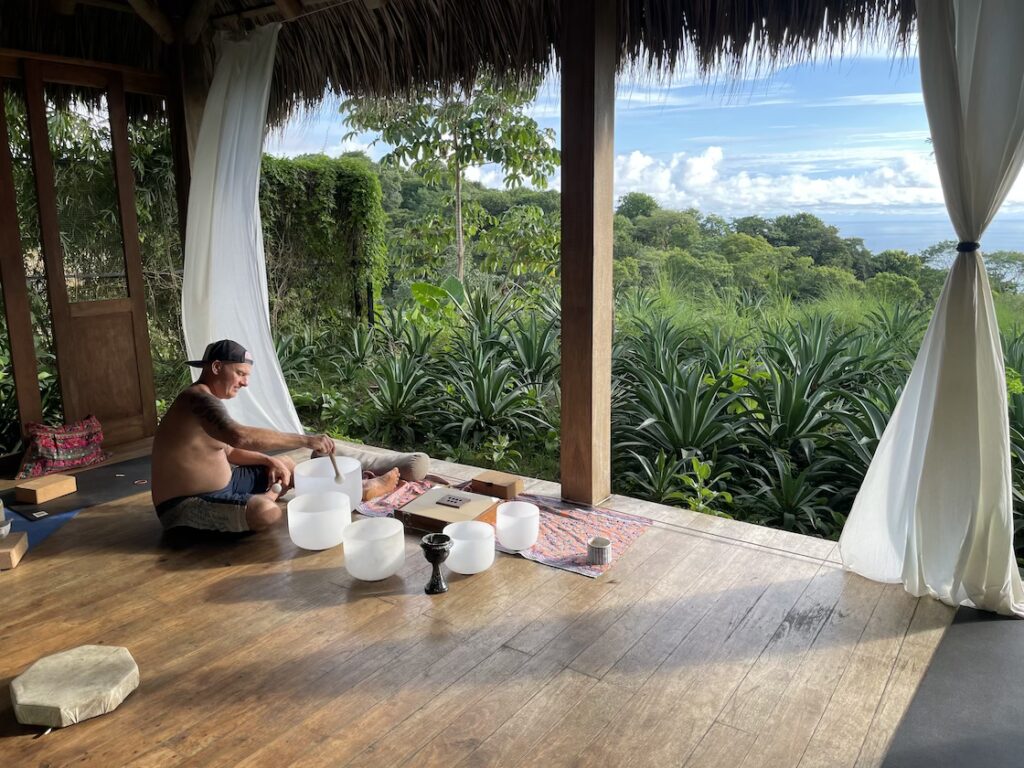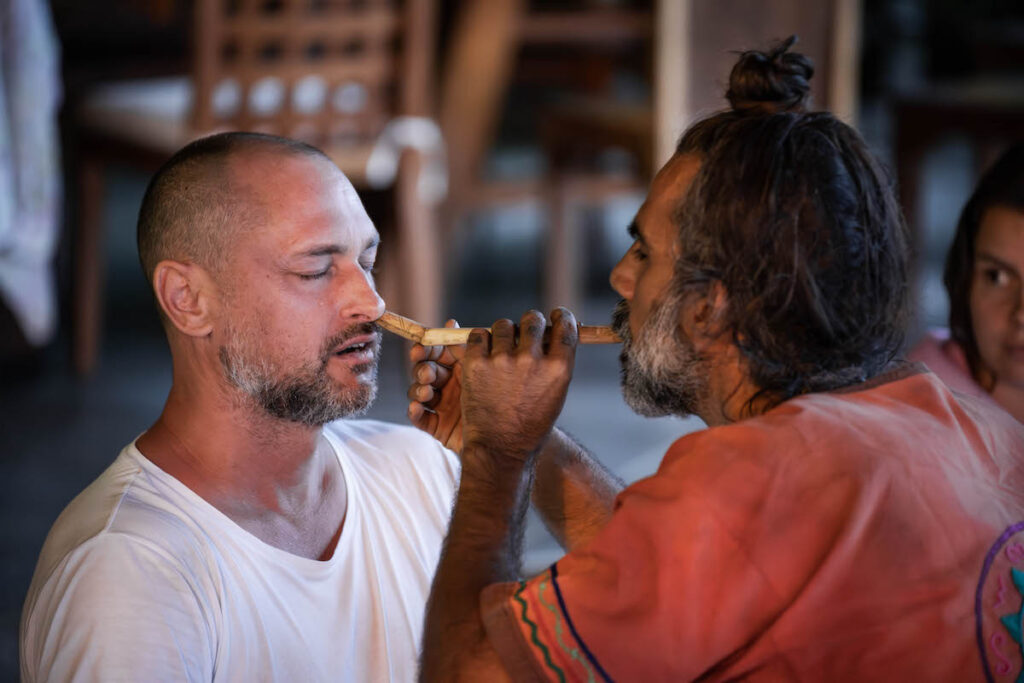PLANT MEDICINE
FREQUENTLY ASKED QUESTIONS ABOUT PLANT MEDICINE
What is plant medicine?
Plant medicine refers to the ancient practice of using psychoactive or non-psychoactive plants to support physical, emotional, and spiritual healing. These plants are revered in many Indigenous cultures as sentient beings—teachers, healers, and guides—rather than substances. Plant medicine is not about “getting high”; it is about entering into a relationship with nature’s wisdom to heal, remember, and reconnect with the self and the divine.
What is plant medicine used for?
People seek plant medicine for many reasons, including:
Healing from trauma, depression, or anxiety
Gaining clarity or direction in life
Releasing emotional or energetic blockages
Spiritual growth and connection
Deepening their relationship with nature and the unseen world
Plant medicine journeys often bring about insights, emotional catharsis, and profound inner transformation.
Where does plant medicine come from?
These medicines originate from Indigenous traditions around the world, particularly from the Amazon rainforest, the Andes, and other sacred landscapes where humans have worked with plants for thousands of years. Each medicine comes from a specific lineage and carries cultural, spiritual, and ecological wisdom. Honoring where they come from and working with them respectfully is essential.
What is a plant medicine ceremony?
A plant medicine ceremony is a carefully held space where the sacred, the mysterious, and the deeply personal come together. Rooted in Indigenous wisdom and spiritual tradition, it is not simply about ingesting a plant—it is a prayer, a communion, a conversation between your soul and the intelligence of nature.
Is plant medicine safe?
When held in a safe, intentional, and ceremonial container, many people find plant medicine to be safe and deeply healing. However, these are powerful allies, and not everyone is a good fit. It’s important to:
Be mentally and emotionally prepared
Have medical conditions evaluated by a knowledgeable facilitator
Avoid mixing with medications like SSRIs or MAOIs unless cleared
Choose trustworthy and experienced guides or centers.
Integration support afterward is equally vital.
How do I prepare for a plant medicine experience?
Set a clear intention
Follow a dieta (a purification protocol for food, energy, and habits)
Practice meditation, journaling, and reflection
Reduce or eliminate alcohol, sex, processed food, and media in advance
Approach the medicine with humility, openness, and respect
Find detailed information on how to prepare for an ayahuasca retreat here.
What is integration, and why is it important?
Integration is the process of making meaningful changes in your daily life after a plant medicine journey. Insights are powerful—but they require grounding, support, and practice. Integration may involve:
Therapy, coaching, or spiritual guidance
Bodywork, movement, and breathwork
Nature time and solitude
Changing relationships, jobs, or habits in alignment with your truth
True healing unfolds not just in ceremony, but in how you live afterward. Find more information here.
Can plant medicine improve relationships?
Absolutely. It can:
Increase empathy, compassion, and communication
Heal wounds from past relationship traumas
Open the heart to forgiveness and deeper connection
Break old patterns of defensiveness or projection
Integration afterward helps bring these insights into daily life.
Can it enhance creativity and insight?
Yes. Many artists, writers, and entrepreneurs report:
Expanded creative thinking
Unique problem-solving insights
Access to inspiration or inner guidance
A shift into flow, playfulness, and innovation
What is “ego death” or “ego dissolution”?
In higher doses, plant medicines like ayahuasca and psilocybin may temporarily dissolve your sense of individual identity. This can feel like merging with all life, or experiencing consciousness without the usual “me” story. For some, this may feel blissful and liberating.
Learn more about…
AYAHUASCA RETREAT
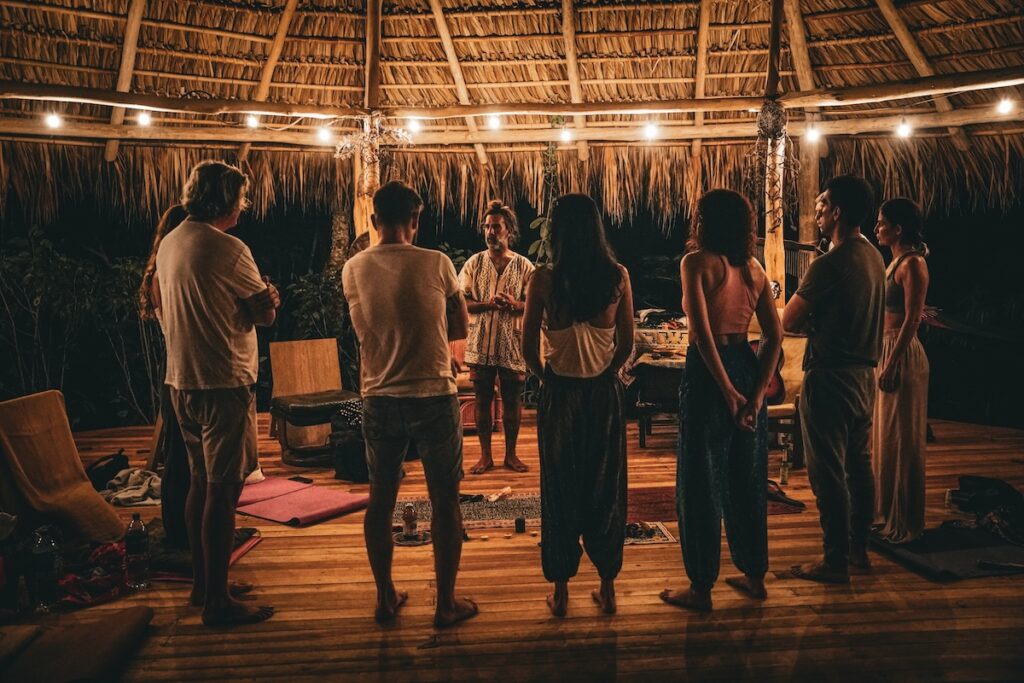
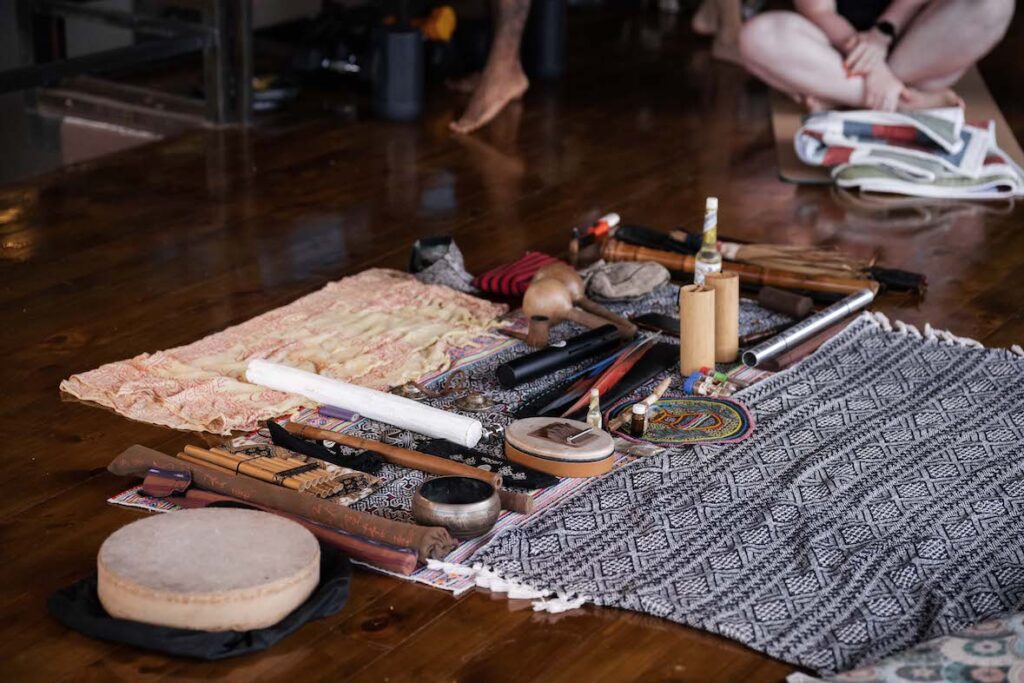
PSILOCYBIN RETREAT
PRIVATE RETREAT
